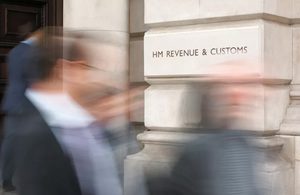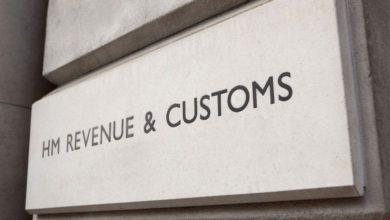HMRC tax penalties rise 25% in a year, UHY finds
The increase in penalties is heaping further financial pressure on individuals and businesses in the face of high interest rates and the looming threat of recession

The value of HMRC tax penalties has increased by 25% in the last year from £681m to £851m, the highest total value on record, according to UHY Hacker Young.
With HMRC currently chasing approximately £37bn of outstanding tax debt, penalties are seen as something of an “easy win” for the tax authority and their value has risen consistently over the last three years.
Many of these fines are hitting businesses that are experiencing financial stress and struggling to pay on time. Others are being triggered due to simple errors in paperwork.
The increase in penalties is heaping further financial pressure on individuals and businesses in the face of high interest rates and the looming threat of recession.
According to UHY Hacker Young, individuals and businesses should appeal as a significant number of fines are withdrawn when challenged.
Changes to VAT penalties introduced this year have made the regime fairer but have also expanded its scope. Penalties were extended to nil return and repayment returns, making them increasingly easy to trigger, sometimes through genuine errors.
Sean Glancy, partner at UHY Hacker Young, said: “HMRC continues to widen the net for tax penalties, so people who weren’t captured before are getting caught now. Penalties are an easy win for the Treasury, and they clearly rack up.
“HMRC is often not reasonable in removing penalties for genuine errors – they sometimes seem to operate with a ‘shoot first, ask questions later’ approach. Once a penalty is issued, the process is quite draconian, however about half of penalties are withdrawn on appeal.”
He added: “Individuals and businesses who believe they have been wrongfully charged should seek professional advice to understand their rights and protect their financial interests.”







